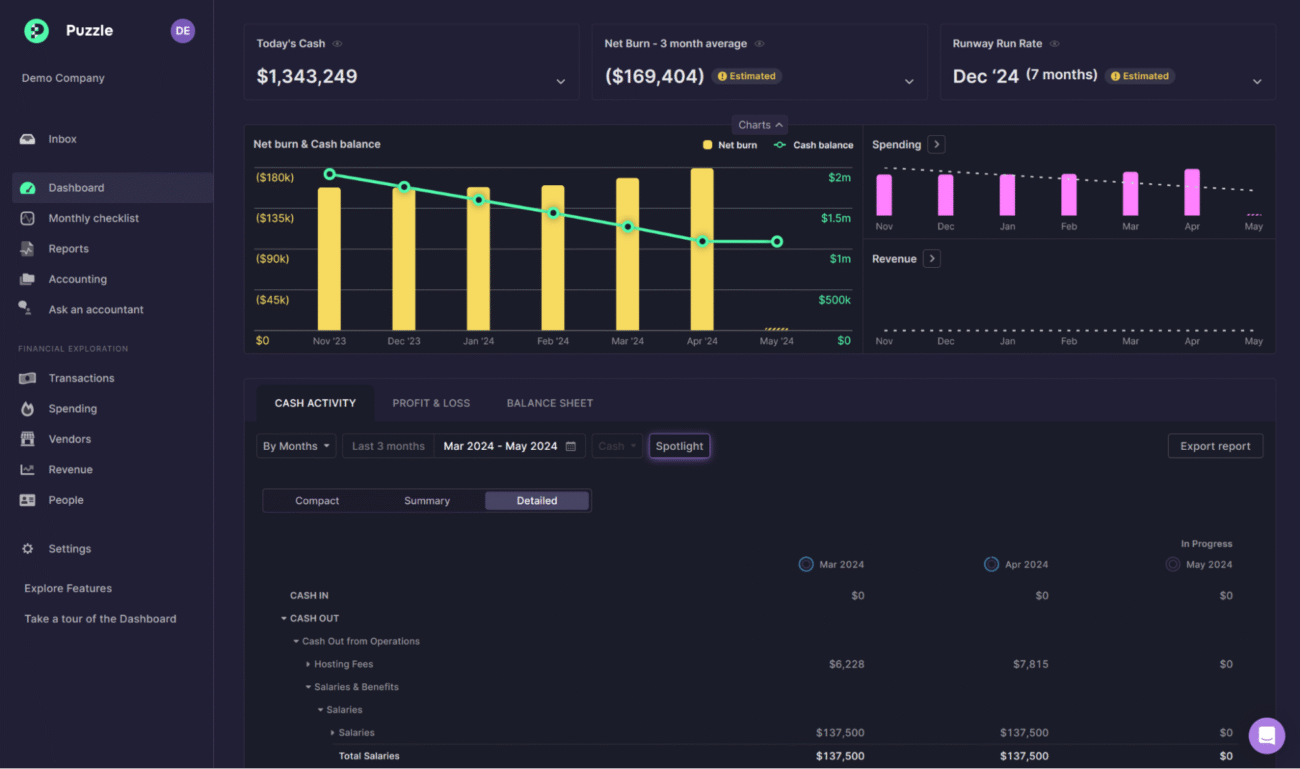Social media isn’t just for connecting with friends anymore—it’s where brands are discovered, reputations are built, and buying decisions are influenced every single day. With billions of active users across platforms, businesses that don’t leverage social media marketing (SMM) risk missing out on growth, visibility, and engagement opportunities.
At MindBoxx, we help brands turn social platforms into growth engines. To guide you, we’ve answered some of the most common questions businesses ask about SMM.
What Exactly Is Social Media Marketing?
Social Media Marketing (SMM) is the use of platforms like Facebook, Instagram, LinkedIn, Twitter (X), TikTok, and others to promote your brand, connect with audiences, and drive measurable business results. It’s not just about posting pretty pictures—it’s about building trust, generating leads, and driving conversions.
Why Is SMM Important for Businesses Today?
Because that’s where your customers are. Whether you’re targeting B2B professionals or Gen Z shoppers, they spend significant time on social media. A strong social presence allows you to:
- Boost brand awareness with a global reach.
- Engage with customers directly through comments, DMs, and interactive posts.
- Generate leads and sales by driving traffic to your website or store.
- Stay competitive by keeping up with how your audience consumes information.
Which Platforms Should My Business Focus On?
It depends on your audience and goals:
- Facebook & Instagram – Great for B2C, community building, and visual storytelling.
- LinkedIn – Perfect for B2B, thought leadership, and professional networking.
- Twitter (X) – Ideal for real-time updates, brand voice, and quick interactions.
- TikTok & Reels – High engagement with younger audiences via short-form videos.
- Pinterest – Great for e-commerce, design, lifestyle, and discovery-driven industries.
MindBoxx analyzes your business and audience to choose platforms that give the highest ROI instead of spreading resources thin.
What Are the Key Elements of a Successful SMM Strategy?
A powerful social media strategy usually combines:
- Clear objectives – Awareness, engagement, leads, or conversions.
- Audience research – Understanding who you’re speaking to and what they care about.
- Content creation – Posts, videos, carousels, stories, reels, live streams.
- Consistency – Regular posting with a consistent tone and brand identity.
- Engagement – Responding to comments, messages, and building community.
- Paid advertising – Targeted ads for precision and faster results.
- Analytics & optimization – Tracking KPIs and improving campaigns.
Does SMM Really Deliver ROI?
Yes—when done right. While social media was once seen as “just for branding,” it now plays a measurable role in business growth. With advanced targeting, retargeting, and conversion tracking, businesses can see:
- Increased website traffic from social channels.
- Higher lead generation through ads and funnels.
- Improved brand loyalty from ongoing engagement.
- Direct sales from shoppable posts and campaigns.
How Does MindBoxx Approach SMM Differently?
Unlike agencies that focus only on “likes” or vanity metrics, MindBoxx builds goal-driven campaigns. We:
- Align content with your brand voice and positioning.
- Use data-backed insights for content calendars and ad targeting.
- Blend organic growth with paid campaigns for balance.
- Continuously optimize with analytics to ensure long-term ROI.
- Focus on building a community, not just followers.
Conclusion: Social Media Is Not Optional, It’s Essential
In a digital-first world, social media is where businesses earn visibility, trust, and customer loyalty. But success requires more than random posts—it requires strategy, creativity, and consistency.
At MindBoxx, our social media marketing services help businesses craft compelling narratives, engage authentically, and drive meaningful results. Because in the end, SMM is not about being everywhere—it’s about being impactful where it matters most.






Leave a comment